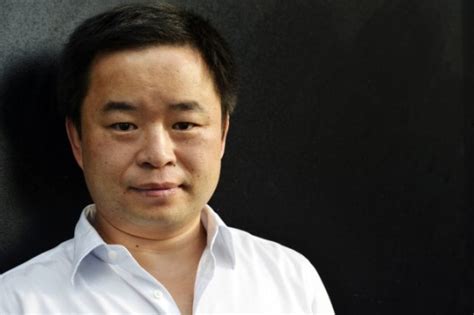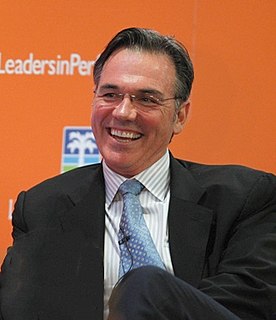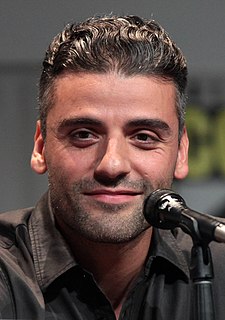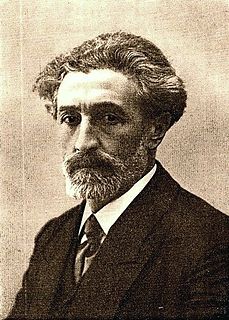A Quote by Hugh Leonard
I feel like the writer observing the grief, but it is difficult to be detached from it.
Related Quotes
The thing about California is that it's kind of a dream, and I started to feel like I was living in a dream. I still feel like that. Because of that I think I've been able to realize a lot of things that were just ideas. When I was living in New York City, it's such a rat race, it's so competitive and everything is so concrete and in your face all the time. If you're like, "I'm gonna be a writer!" Everybody's like, "Yeah, you and all the other assholes on the subway." There isn't a lot of space for the detached, free-floating movement of the imagination.
Grief causes you to leave yourself. You step outside your narrow little pelt. And you can’t feel grief unless you’ve had love before it - grief is the final outcome of love, because it’s love lost. […] It’s the cycle of love completed: to love, to lose, to feel grief, to leave, and then to love again. Grief is the awareness that you will have to be alone, and there is nothing beyond that because being alone is the ultimate final destiny of each individual living creature. That’s what death is, the great loneliness.
You cannot die of grief, though it feels as if you can. A heart does not actually break, though sometimes your chest aches as if it is breaking. Grief dims with time. It is the way of things. There comes a day when you smile again, and you feel like a traitor. How dare I feel happy. How dare I be glad in a world where my father is no more. And then you cry fresh tears, because you do not miss him as much as you once did, and giving up your grief is another kind of death.
The most difficult thing about living as a writer is precisely 'having to write.' Pretending to be a writer is easy. Living freely, reading many books, going on frequent trips, cultivating minor eccentricities... but genuinely being a writer is difficult, because you have to write something that will convince both yourself and readers.





































